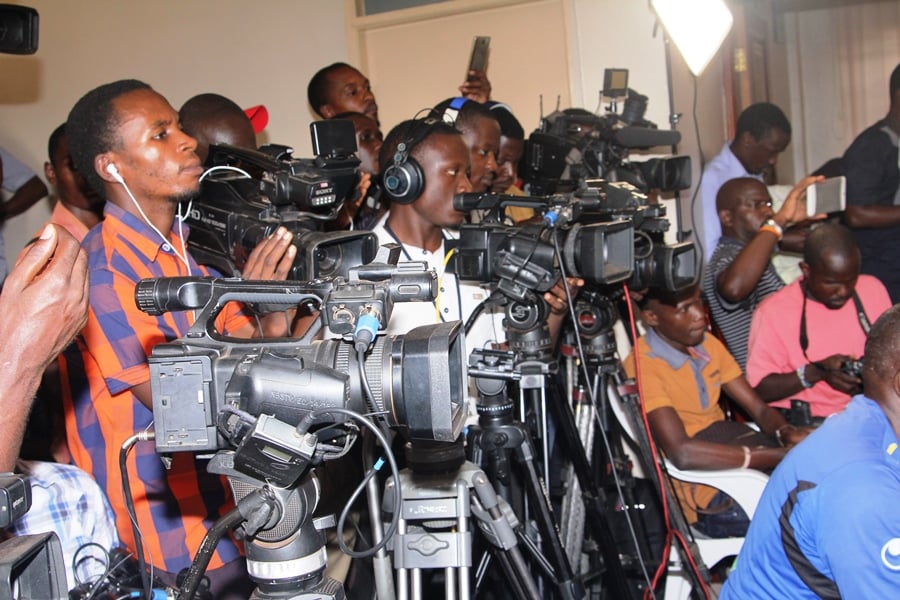
Gladys R. Nandutu
Corruption has dug deep roots and now entrenched in various aspects of our society as a country. Once viewed as a crime, corruption is now normalized to the extent that it dictates the pace, quality, and integrity of crucial services not any less from environmental protection eventually affecting public health, environmental degradation, and the socioeconomic status of ordinary Ugandans.
The main question is, given the current protection methods and systems, why is Uganda’s environment still being harmed? Despite various studies and reports from different government agencies, why is climate change getting worse? It’s hard not to link what’s happening across the country to inappropriate influences, conflicts of interest, and corruption at various levels.
The relationship between corruption and environmental degradation may sound confusing for many, thinking it’s only rooted in funds but actually digs deeper into various forms including nepotism, climate change leaving the worst impacts on the overall well-being of Ugandans especially women and children.
The depletion of natural resources and environmental destruction aided by corrupt civil servants and selfish corporate interests by the “big wigs” has led to significant humanitarian challenges, particularly as Uganda is already vulnerable to the effects of climate change. Climate-sensitive factors such as water availability, food security, and air quality are deteriorating in Uganda, worsened by corrupt practices that impede effective environmental management.
The case of illegal charcoal burning especially in Northern Uganda, not any far from ongoing illegal sand mining illustrates how corruption facilitates environmental devastation. Companies engaged in this sector have often bypassed the regulatory frameworks designed to protect the environment, and the endangered ecosystems are only saved after a loud public outcry, an example of Lwera wetland, River Rwizi where the RDC had to put an immediate ban on sand mining in February this year. The situation suggests a disturbing degree of collusion that undermines legislative safeguards designed to protect both the environment and local communities.
In a May 2024 report by Transparency International Uganda, it is noted that natural resources like wetlands have originally and traditionally been used by local communities surrounding them as a source of livelihood, but now these wetlands have encroachers from all over the world in form of investors with sand mining being the biggest and yet most lucrative and extremely destructive business.
Presently, individuals such as journalists, environmental Human Rights Activists/Defenders and ordinary local patriotic community members who strive to highlight these issues often face severe risks and intimidation, from these corrupt officials. We have had several environmental pressure groups led by local communities, individual activists and civil society organisations.
To combat this whole nuance of corruption effectively requires a multi-faceted approach including increasing transparency in government operations through implementing inclusive mechanisms for public oversight and accountability, involving regular audits of government spending on climate-related projects especially under the humanitarian programs and open forums for communities to voice their concerns and engage respectfully.
Strengthening existing legal frameworks are key to protecting environmental activists and actual safe spaces for whistleblowers should be established allowing individuals to report on corrupt practices without risking their lives.
The evidence is clear, corruption is no longer just a matter of unethical behaviour in Uganda but has transitioned into an ugly social norm that undermines sustainable development. Its manifestations in environmental degradation are eating up the last bit the country is left with.
Rallying behind the brave voices against the vice is what we are left for, only then can Uganda hope to break the cycle of corruption that jeopardizes the health of its people and its planet.
Gladys Rosette Nandutu, Programs Coordinator, Vijana for Sustainable Development and Environmental Action Uganda






